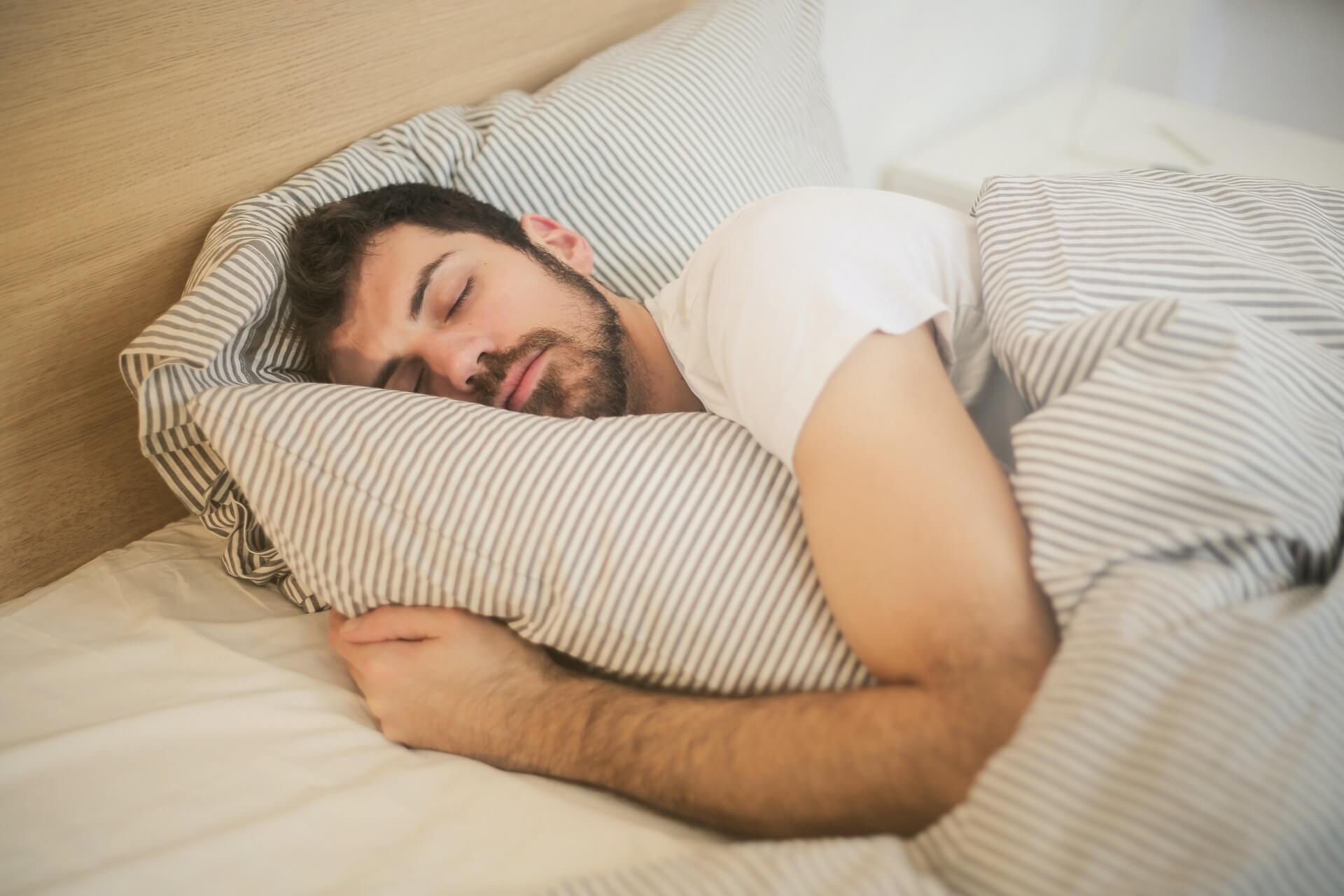Seven tips for achieving a good nights sleep
A bad night’s sleep can be incredibly frustrating, but the solution could be simpler than you think. We’ve put together a list of seven tips that could help you to get a more restful and relaxing night’s sleep.
- Restful sleep environment
Creating a restful environment is the first step to a good night’s sleep. This can mean something different to everyone, so it might be a minimalist environment or it could be following a bedtime routine that helps you relax as you head to bed for the night. Think about what it is that helps you to feel rested and start implementing those small changes into your sleep environment.
- No caffeine
It’s no secret that caffeine can have a huge effect on sleep, but did you know that some recommendations suggest having your last caffeine-containing food or drink around six hours before you normally go to bed? It’s worth thinking about when you’re having your final coffee of the day, and whether it could be impacting your sleep.
- No screens
We could all probably do with being on our phones less, but limiting your screen time before bed could have a positive impact on your sleep. Light is the most powerful cue that lets our bodies know that it’s time to wind down towards sleep, so the blue light of your phone or device can play havoc with your body’s natural production of melatonin (the hormone you need to feel sleepy) which can make it harder to fall asleep.
Consider limiting your screen time before bed, having a cut off point for phone usage, or even leaving your phone in a different room when you go to bed. Many people use their phones for an alarm clock, but investing in a sunrise alarm clock is a great option for those who need an alarm but want to ditch their phone.
- Right mattress
Investing in the right mattress for you and your sleep requirements is one of the biggest things you can do to improve your sleep. From firmness of mattress to your lifestyle, there are a number of things individual to each person that can impact on your rest and relaxation. At Westend Bed Company, we offer a complimentary in-store sleep consultation service to ensure you buy the right model, design and support system for you. Find out more about the consultation process and book yours now.
- Temperature
Did you know that heat has more of an impact on sleep than a bad mattress? It’s not just the temperature of your bedroom you need to be conscious of; it’s really important to invest in a mattress with natural fillings, as man-made foams and fibres will increase body heat and therefore disrupt your night’s rest.
That being said, there are of course things you can do during the day to help regulate the temperature of your bedroom at night. Leaving curtains or blinds closed on a hot day can prevent the room from getting too hot, whilst keeping interior doors open can help air flow through the house.
We’ve got plenty of tips on sleeping in the heat and how to sleep better in winter on our blog, or chat to our expert team about a new mattress today.
- Exercise
The benefits of exercise for your health and fitness are undeniable, but regular exercise can also have a positive effect on your sleep. Working out effectively can tire your body out gently, promoting a better night’s sleep and releasing pent up tension through exercise is also highly beneficial, helping to banish stress before bedtime.
- Winding down
Taking time to wind down before bed helps your body to know that it’s time to get ready for sleep. Reading for half an hour before you want to sleep can help your mind start to switch off, or listening to a playlist of songs that help you to feel relaxed. Being conscious of allowing your mind to wind down means you’re not taking all the busyness and noise of the day to bed with you.
Hopefully those tips might inspire some positive changes in your bedtime routine. If you’re interested in our sleep consultations, or you want to make changes to your bed or mattress, don’t hesitate to get in touch with us today to begin your journey towards a more restful night’s sleep.

